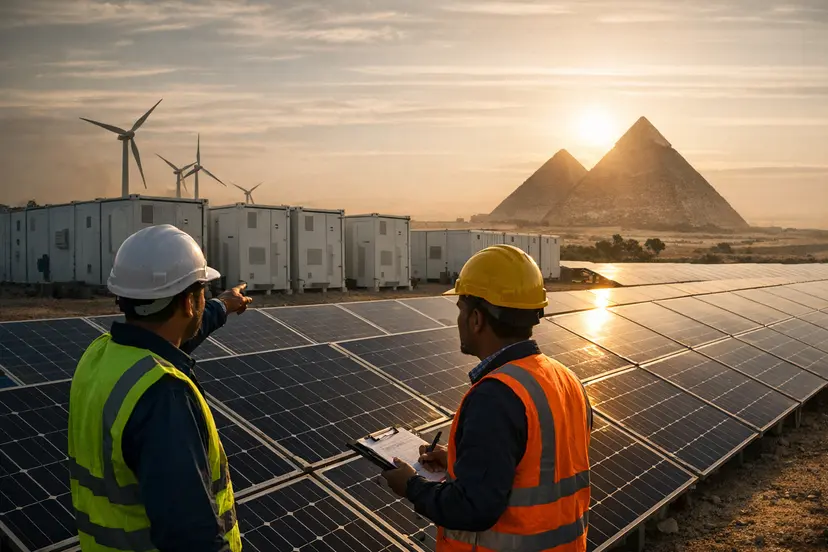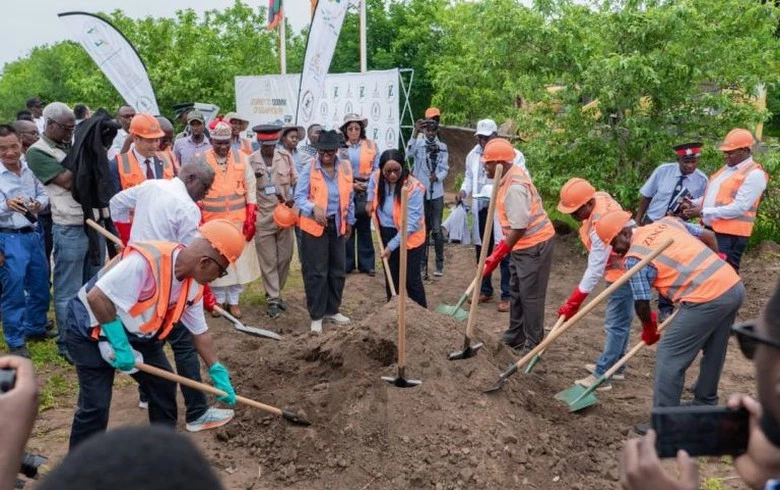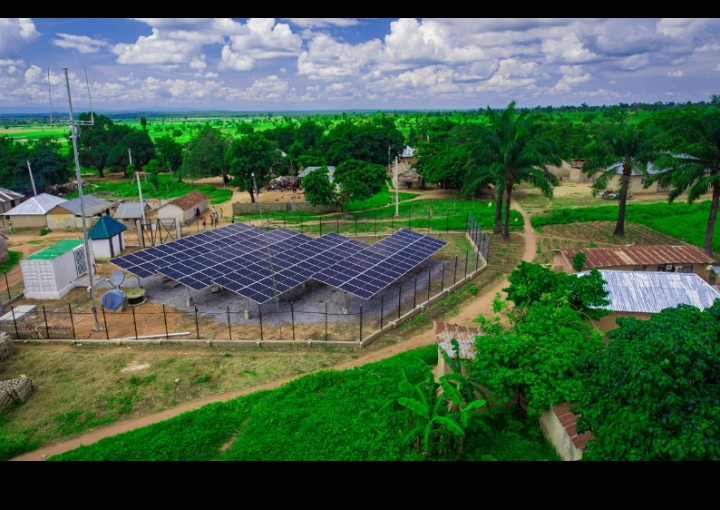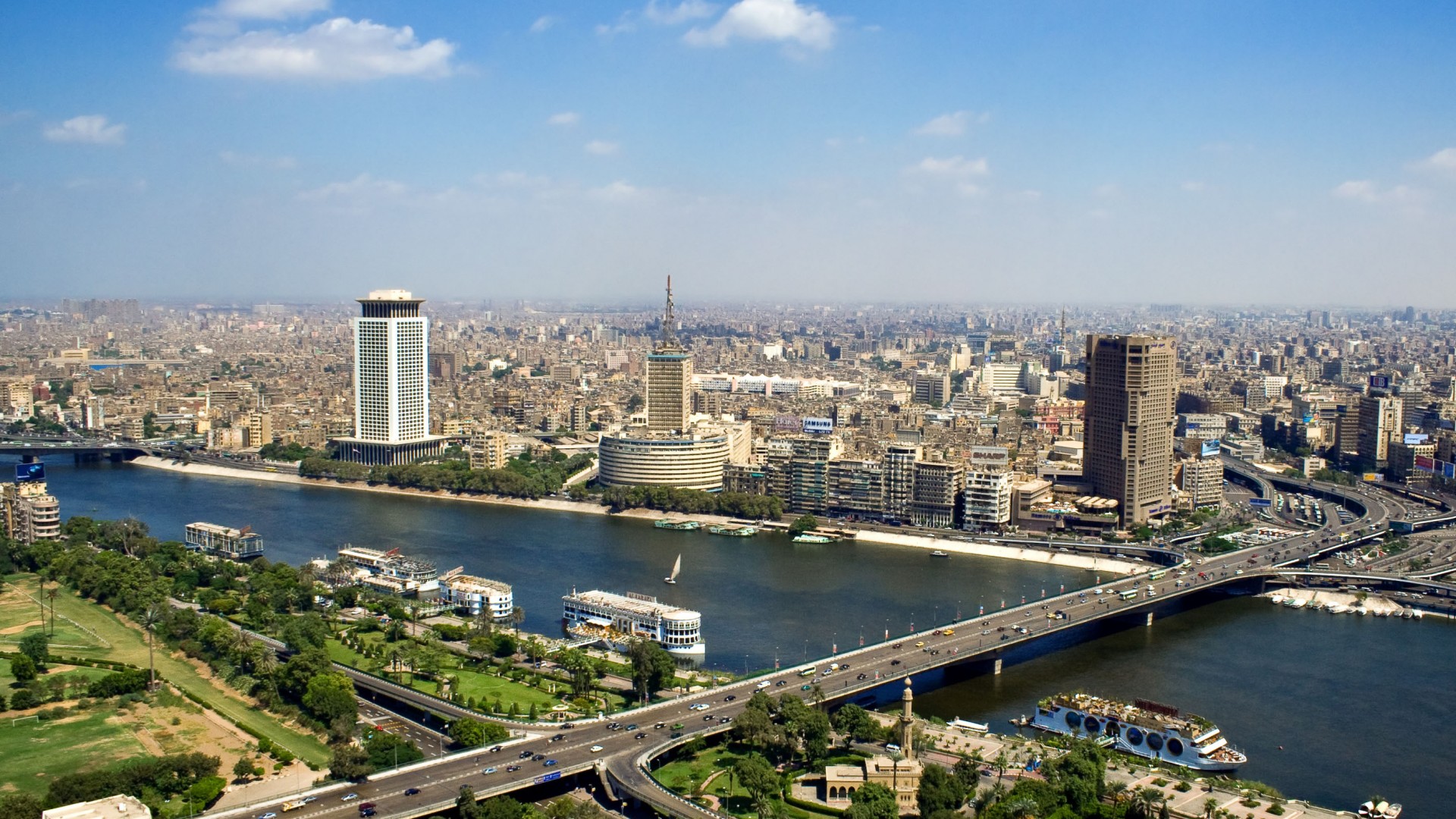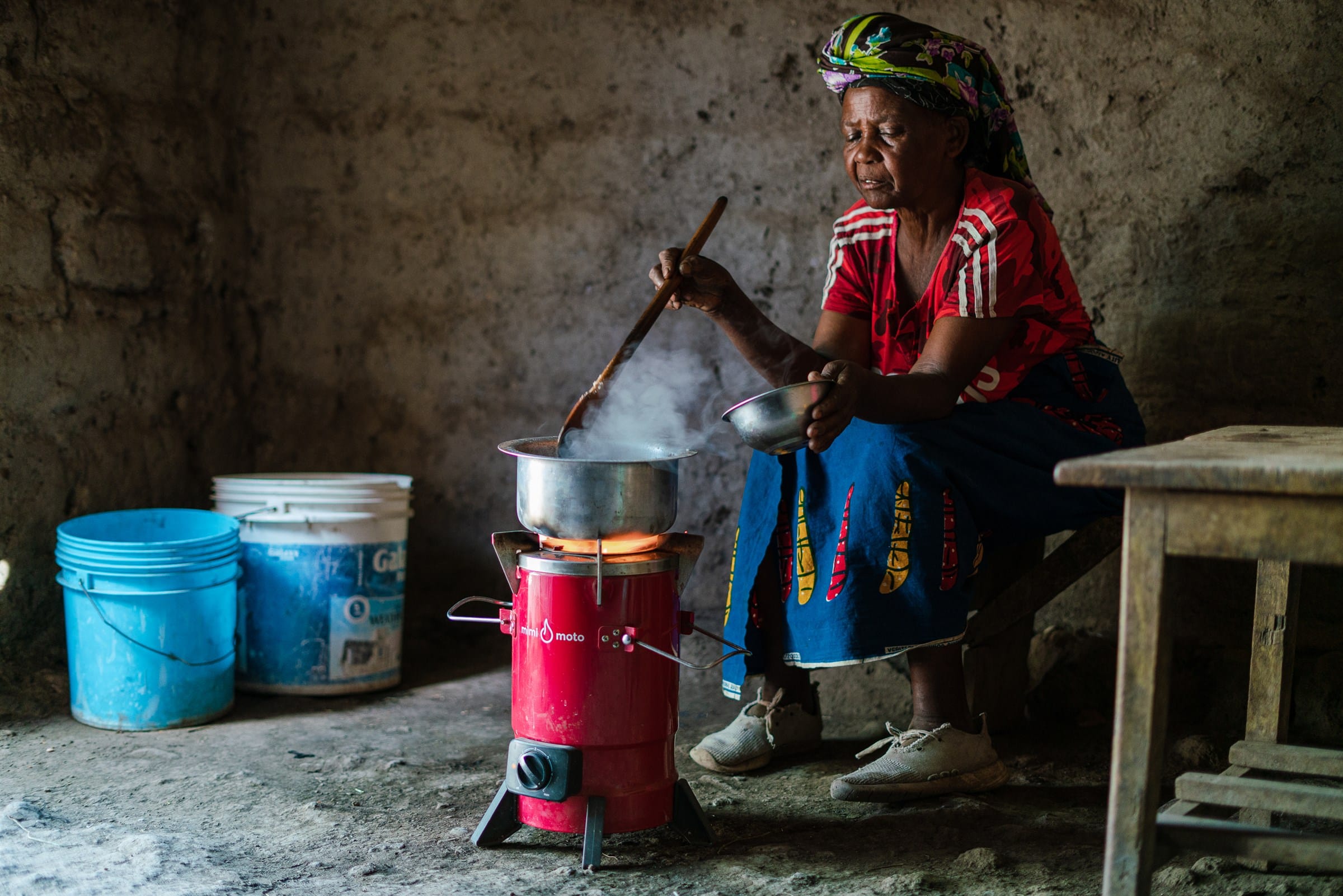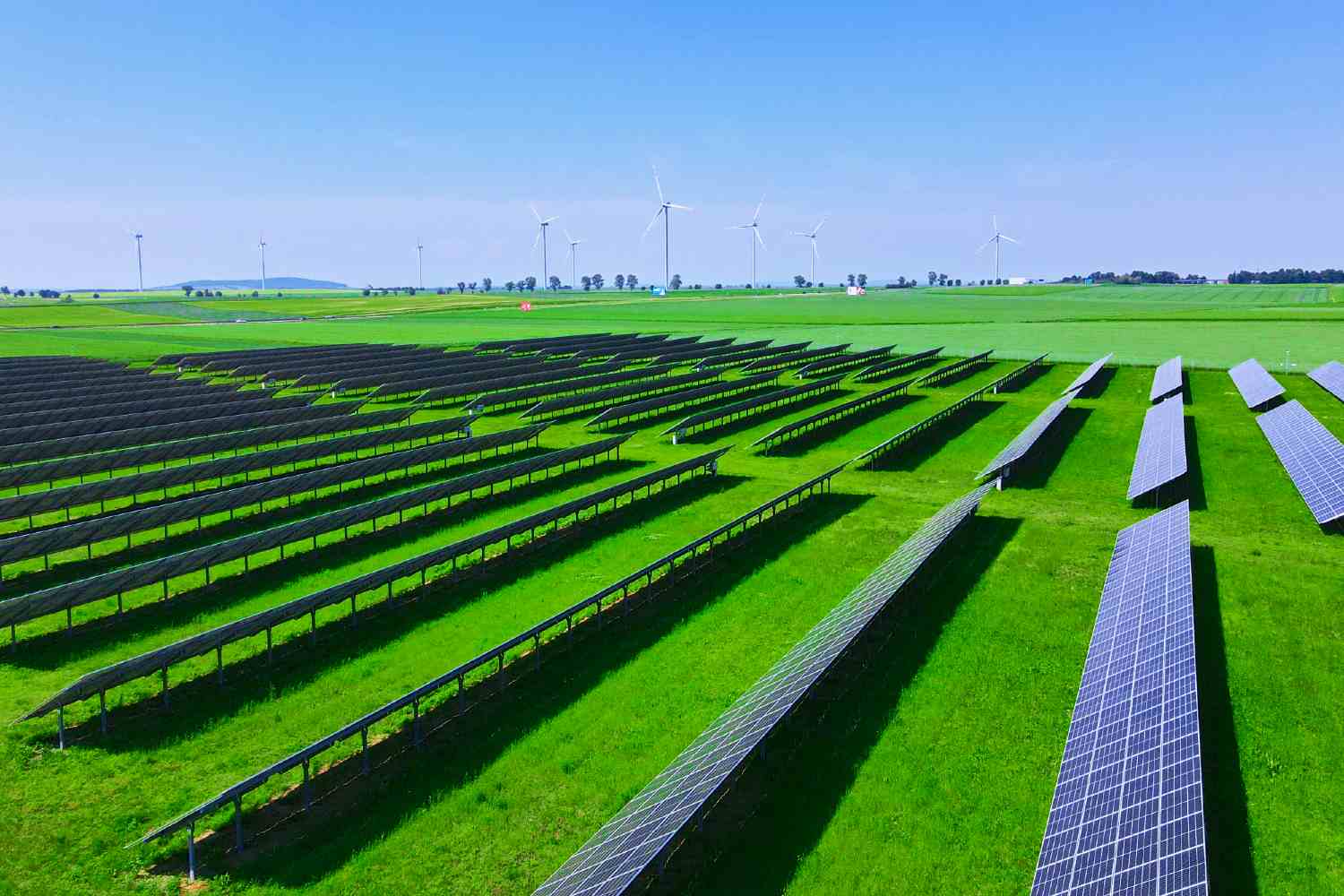Renewables |Climate & Sustainablity |Finance
Renewables, Finance and More: Key Agreements from the Historic G20 Summit Declaration
G20 leaders adopt historic declaration prioritising Africa's energy crisis, committing to triple renewables and scale climate finance to trillions, but almost everything is voluntary.
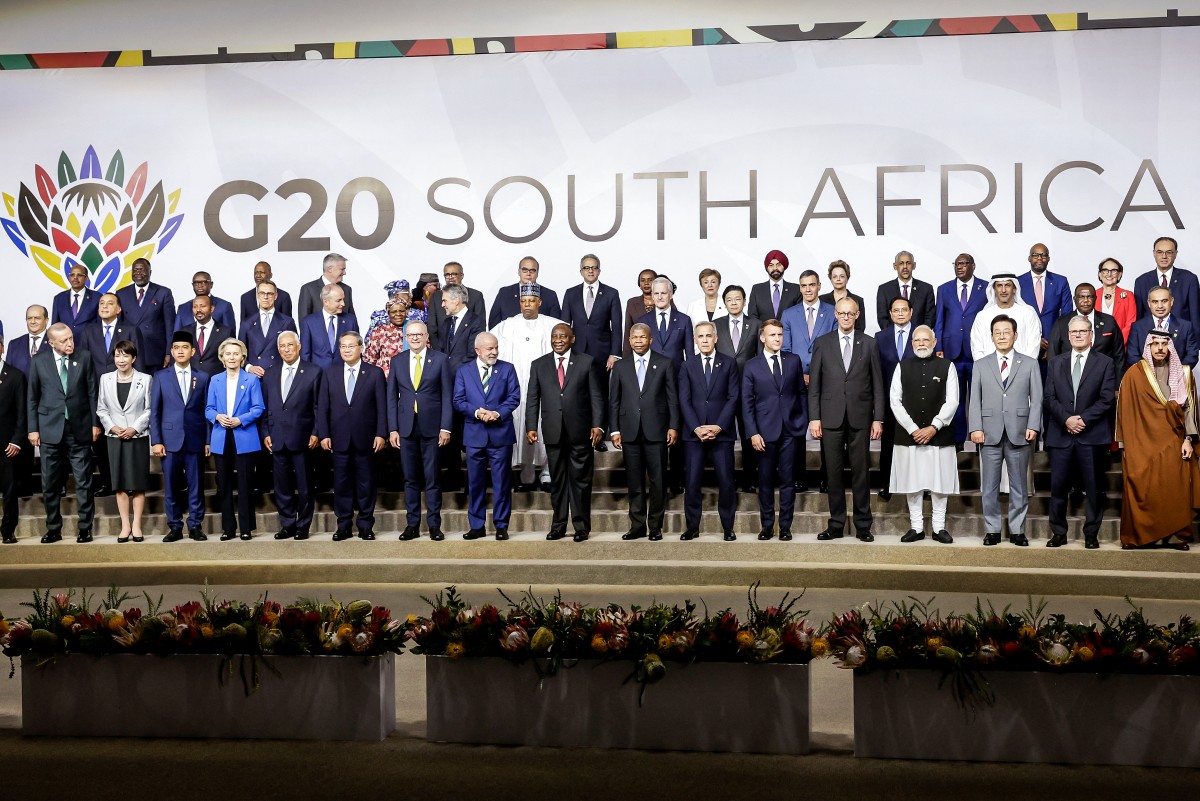
In a historic first summit in an African country, G20 leaders have adopted a 122 point declaration that places energy access, climate finance and sustainable development at the heart of global economic cooperation, with Africa's energy crisis front and centre.
The Johannesburg declaration opens with pressing statistics: over 600 million Africans lack access to electricity, whilst 1 billion people have no access to clean cooking. Two million Africans die annually from the absence of clean cooking fuels in households.
Against this backdrop, leaders committed to ambitious renewable energy targets though walking a careful line between climate ambition and energy security, a balance that dominated discussions throughout the two-day summit between November 22 and 23, 2025.
Mission 300 Gets G20 Backing
Leaders acknowledged that Africa's 40% electricity access rate is the lowest globally, recognising "the inequalities and challenges, along with opportunities for growth, that exist in the current energy landscape globally, particularly in Africa."
The declaration welcomed Mission 300, the World Bank and African Development Bank platform aimed at connecting 300 million people to electricity by 2030. It also backed the Voluntary Infrastructure Investment Action Plan to accelerate clean cooking solutions, noting commitments to support accessible and affordable technologies including LPG.
The text reaffirms that "energy security remains fundamental to national sovereignty, economic development, stability, and global prosperity" whilst acknowledging "the multi-stakeholder action required to accelerate universal energy security, access, and affordability" across Africa.
Tripling Renewables in Developing Countries
On renewable energy, the declaration commits to supporting "efforts to triple renewable energy capacity globally and double the global average annual rate of energy efficiency improvements globally through existing targets and respective policies, similarly support the implementation with respect to other zero and low-emission technologies, including abatement and removal technologies in line with national circumstances by 2030."
This language directly references commitments from COP28 in Dubai and COP30 in Belém. However, leaders emphasised "technologically neutral, integrated, and inclusive approaches to energy security and energy transitions"—keeping the door open for various energy pathways, including fossil fuels.
On financing, which is a make-or-break issue, the declaration pledges to facilitate "low-cost financing" for developing countries, "including through concessional finance and innovative financing, blended finance mechanisms, and risk mitigation instruments and technology support."
The Trillion-Dollar Gap
G20 leaders recognised "the need for catalysed and scaled up investment from all relevant financial sources" and underlined "the urgency of the de-risking, mobilising and diversifying of existing and additional investment in energy transitions technologies and infrastructure."
On climate finance broadly, the declaration notes that developing countries need an estimated $5.8–$5.9 trillion to implement their nationally determined contributions before 2030.
Leaders welcomed COP29's outcome on the New Collective Quantified Goal and committed to "rapidly and substantially scale up investment and climate finance from billions to trillions globally from all sources."
The gap between these numbers and actual commitments continues to widen.
Just Transitions and Energy Security
Recalling Brazil's voluntary G20 Principles for Just and Inclusive Energy Transitions, leaders emphasised that transitions must pursue "energy security, poverty alleviation, social resilience and equity, as well as voluntary technology transfer on mutually agreed terms and economic empowerment."
South Africa contributed a Voluntary Energy Security Toolkit supporting countries in adopting integrated approaches to energy technologies, risk identification, regional interconnectivity, infrastructure resilience, and emergency preparedness—developed "with particular relevance for developing countries."
Critical Minerals: From Extraction to Value Addition
The G20 adopted a Critical Minerals Framework designed to ensure these resources become "a driver of prosperity and sustainable development" rather than just raw material exports.
The framework aims to unlock investment in mineral exploration, promote diversification of sources and processing locations, and enhance value retention in mineral-endowed developing countries. Leaders emphasised that critical minerals "should become a catalyst for value-addition and broad-based development."
The framework "fully preserves the sovereign right of mineral-endowed countries to harness their endowments for inclusive economic growth" whilst ensuring environmental stewardship and local community participation.
Leaders welcomed High-Level Voluntary Principles for Sustainable Industrialisation Hubs to support "manufacturing and beneficiation of minerals and resources at source."
Climate Commitments and Trade Tensions
G20 leaders highlighted "the successful outcomes" of COP30 in Belém and reaffirmed commitment to the Paris Agreement, reiterating their "resolve to pursue efforts to limit the temperature increase to 1.5 degrees Celsius."
They committed to "intensify our efforts to achieve global net zero greenhouse gas emissions/carbon neutrality by or around mid-century" and stressed "the importance of mainstreaming adaptation into relevant public policy."
Crucially for trade tensions, the text states: "We note that measures taken to combat climate change, including unilateral ones, should not constitute a means of arbitrary or unjustifiable discrimination or a disguised restriction on international trade." This language mirrors concerns about carbon border adjustment mechanisms.
On forests, leaders committed to "halting and reversing deforestation and forest degradation by 2030" and mobilising "new and additional finance for forests from all sources." They noted the Tropical Forest Forever Facility launched at the Belém summit and welcomed "nature-based solutions and ecosystem-based approaches."
What It Means for Africa
For Africa's energy sector, the declaration cuts both ways.
The upside? Real acknowledgment of the continent's energy crisis and solid backing for Mission 300 creates genuine political momentum. The promises of affordable financing, technology sharing, and managed transitions sketch out a roadmap forward. If the Critical Minerals Framework actually delivers, African nations could finally move past simply shipping out raw materials and start building real industries.
But here's the catch: almost everything here is voluntary. Non-binding. Subject to "national circumstances", which is diplomatic code for "maybe, maybe not." The gap between the $5.8 – $5.9 trillion needed by developing countries pre-2030 and actual finance flows remains vast.
The emphasis on "technologically neutral" approaches and energy security leaves room for continued fossil fuel development, which African countries argue is necessary for industrialisation, even as they pursue renewable energy expansion.
Whether the Ubuntu spirit, "I am because we are", translates into actual energy access for 600 million Africans will depend on implementation of these voluntary commitments in the years ahead.
The G20 presidency now passes to the United States in 2026, followed by the United Kingdom in 2027 and South Korea in 2028. It remains to be seen if these presidencies would maintain Africa's energy access as a priority.
Related Stories
Sign up for our newsletter.
Get the latest news, expert analysis, and industry insights delivered straight to your inbox. Join thousands of professionals shaping the future of energy.
By submitting my information, I agree to the Privacy Policy and Terms of Service.
